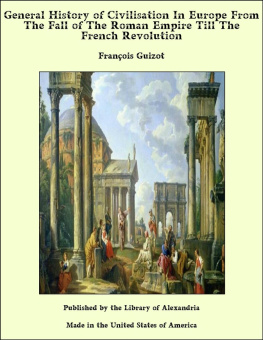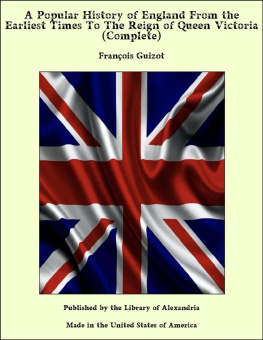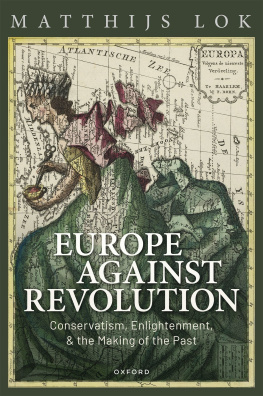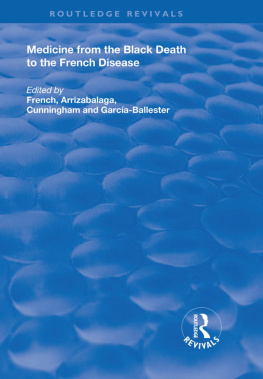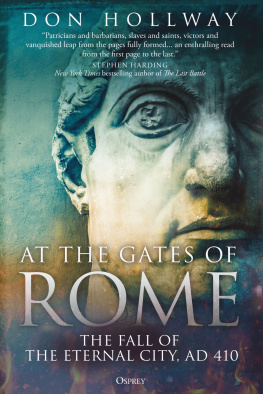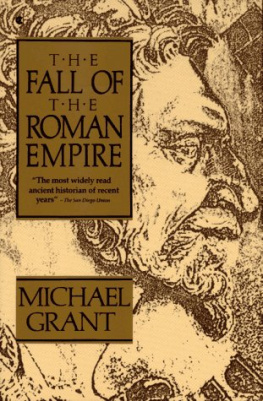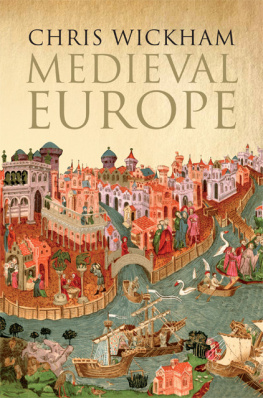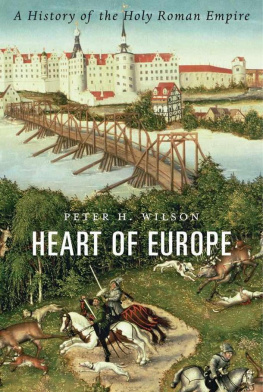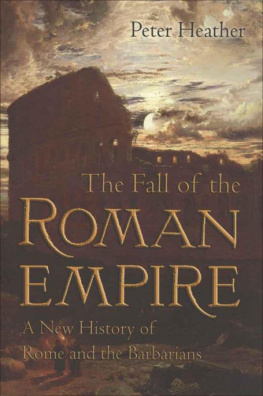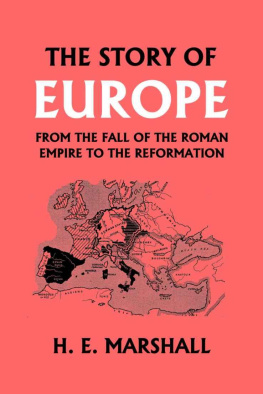Life Of Guizot.
His Birth
Education
Entry into Life
Literary Works
Political Career and Exile
1787 to 1848.
Among the many extraordinary personages who have figured within the last sixty years on the political stage of Europe, there are few whose career has been more singular and chequered than that of the author of the following works. In no country does talent so certainly insure pre-eminence to its possessor as in France, nor is success in literature anywhere so nobly rewarded. Rank and fortune are in it no necessary passports to social or political importance, and with perfect truth it may be said that the career of distinction is open to aspirants of every class and merit possessing and evincing legitimate claims to esteem and consideration. Of all professions, that of literature is held in the highest estimation, and its most successful cultivators are those who have exercised for many years the greatest influence over its destinies, and who have constituted its chief legislators and statesmen. From the superiority of his attainments in the field of intellectual exertion, M. Guizot has raised himself from obscurity, and achieved not only the fame of the most philosophic and profound historian of the day, but the lustre of a position the most exalted in the hierarchy of civilised life.
The family of M. Guizot appears to have been of old standing and respectable repute in the south of France, having its chief seat in the town of Nismes, where he himself was born on the 4th of October 1787. His father was an advocate, enjoying considerable practice at the provincial bar of Nismes, and he belonged, like his forefathers before him, to the Reformed Church, which entailed upon him sundry galling disabilities, the Protestants being then a proscribed sect in France, precisely as were the Catholics, on the other hand, in England and Ireland. Hence he viewed with approbation and hope the progress of the Revolution which commenced with the meeting of the States-General under Louis XVI. in 1789, and hailed with joy the abrogation of a system which condemned him to humiliations of both a civil and a religious character. He shrank, however, from the excesses with which the Jacobins polluted the glorious outburst, and by his sentiments of moderation, drew upon himself their revengeful anger, from the consequences of which he sought safety in concealment. Being discovered in his retreat, he heroically refused to accept the offer of permission to escape made him by his captor, preferring to suffer death rather than compromise the existence of another, whom humanity alone prompted to tender a generous protection. He accordingly fell under the axe of the guillotine at Nismes on the 8th of April 1794, contemporaneously with the execution of Danton at Paris, whose fall marked the culminating point of the Reign of Terror. The young Guizot was at this, period nearly seven years of age, and sufficiently old to appreciate all the horrors of that gloomy era: the terrible impression became indelible on his mind, and in a great measure ruled the future tendencies of his mature years, which led him to regard with instinctive abhorrence the smallest approach to a return of revolutionary violence.
The mother of Guizot escaped the fate of her husband, being in that respect more fortunate than the wives of most of the victims sacrificed to the vengeance of the Jacobins, and removed with her children to Geneva, to which Calvinistic city she originally belonged. She was a woman of strong mind and sound religious principles: she proved an excellent parent to Guizot and his younger brother, to whose training and education she devoted herself with exemplary solicitude. The care of an affectionate and virtuous mother is the most precious boon to man in his tender years, and there is scarcely an instance of one rising to high celebrity who has not enjoyed the fostering tutelage of maternal superintendence in his boyhood. This advantage Guizot possessed in a supreme degree: and it has been related by a visitor, who found her with him on her knee, reading to him incidents from the lives of the great Reformers, that she remarked, 'I wish to show my Frank, by these examples, how much may be effected by determination and diligence;' and assuredly her lessons were not thrown away, for these are the very qualities which have chiefly distinguished him through life. At the age of twelve, having already made considerable progress in the acquisition of the classical and principal modern languages, he was placed under the charge of M. de Joux, a minister of the Reformed Church of Geneva, who was at the head of a considerable seminary in that city. Under the auspices of this instructor of youth he made rapid progress in his studies, seeking still to master the difficulties which shroud from the unenlightened the immortal compositions bequeathed from antiquity or illumining more recent eras. In four yearssuch was the ardour of the young studenthe could boast an intimate acquaintance with all the most illustrious of the Greeks and Romans, with all the most renowned of the nations of modern Europe. Homer, Thucydides, Demosthenes; Cicero, Seneca, Tacitus; Dante, Tasso, Ariosto; Schiller, Goethe, Fichte; Shakespeare, Milton, Locke; Racine, Fenelon, Montesquieuthese were the great minds with which he cultivated a familiar intercourse, these the sources from which he drank of the fountain of knowledge, these the ennobling inspirers of his dawning genius. Happy the youth who can embrace the opportunity of such learning, happier he who can appreciate its incomparable virtues, its ineffable charms, its exalted benefits; for no education can be more admirably adapted to refine the mind, develop the understanding, invigorate the intellect, or fill the soul with the divine breath of philosophy!
It was natural that the subtle questions which possess such interest in the minds of reflective men, and which involve the enigma of human existence, should present themselves to the thoughtful Guizot as fitting topics of contemplation. Consequently, we find him turn with avidity to metaphysics, and steep himself in sleepless ponderings on their sublime but inextricable problems. He thus acquired, more perhaps than even from his previous studies, that profound and detective cast of mind which is so perceptible in his works, and which makes the elucidation of causes the distinctive feature, the inestimable merit of his dissertations. But the time arrived when the pleasures of academic training must be exchanged for the toils of active life, since no patrimony removed the necessity of earning a subsistence by labour; and Madame Guizot, after consultation with her friends, determined that his father's profession was the most appropriate for her accomplished son. In 1804, accordingly, she left Geneva and returned to Nismes, whence, after tarrying a few months to inhale his native air, Guizot proceeded to Paris, then the glittering capital of the European world, and resplendent with the lustre of Napoleon's imperial throne. The scene, however, was singularly unfitted to a young adventurer, armed doubtless with much recondite lore, versed in all the learning of the schools, attuned to austerity as a Genevese neophyte: the military career was the great high road to fortune and distinction under the rule of the mighty conqueror. Mere civil virtues or mental acquirements were less in repute, and especially the profession of the law languished under the sceptre of the sword. In the midst of a society thus resonant with the tramp of warriors, the poor student felt abashed and forlorn; he sought in seclusion to escape its noise and glare, and the first year of his residence in Paris he still passed in solitude and study. But it was incumbent on him to exert himself for a livelihood, and he justly conceived the functions of a preceptor equally well suited to his capabilities as congenial to his tastes. In his quest for an engagement in this capacity, it was his good fortune to encounter M. Stapfer, himself a native of Switzerland, and formerly the Swiss minister to France, who took him into his house as tutor to his children. M. Stapfer had been originally a preacher of the Gospel, and likewise a professor of philosophy, which he laboured strenuously to invest with a religious character. He was deeply versed in German metaphysics, then bewildered by the novel and abstruse speculations of Kant, and with them he thoroughly embued the mind of Guizot, whom he treated at once as his disciple and his friend. Under the roof of this estimable personage, who has left behind him several valuable critical essays, Guizot found time, moreover, to follow the example of Gibbon and other men of illustrious name in literature, imposing on himself a rigorous and laborious recast of all his previous studies, analytically digesting them and arranging them in that clear and substantive manner which is essential for a permanent and productive groundwork. Whilst thus engaged in the duties of teaching, in the enjoyments of intellectual intercourse, and in the grateful toils of private application, he passed two happy and fruitful years. Through the introduction of M. Stapfer, he became known to M. Suard, whose house was the rendezvous of all the chief literary men of the day, and where he mingled on a footing of perfect equality with its most distinguished visitors, of whom the first in name and lustre was Chateaubriand, who had just electrified, and in part reclaimed, the infidel mind of France by his brilliant and fervent effusion, the 'Gnie du Christianisme'[the Genius of Christianity].

